
 Hizmetler
Hizmetler


Shireen Kliniği: Sağlık Turizminde Lider Çözüm Ortağınız
Shireen Kliniği olarak, mükemmeliyetçi bir yaklaşımla, uluslararası standartlarda kapsamlı diş sağlığı hizmetleri sunuyoruz. İstanbul'un tarihi ve kültürel zenginliği içinde yer alan kliniğimiz, misafirlerimize sıcak bir karşılama ve yüksek kaliteli sağlık hizmetleri sunma konusunda uzmandır.
Personel ve Ekibimiz
Shireen Kliniği, alanında uzmanlaşmış, deneyimli ve uluslararası standartlara sahip diş hekimleri, cerrahları ve diğer sağlık uzmanlarından oluşan bir ekip tarafından yönetilmektedir. Personelimiz, mesleki becerilerinin yanı sıra, hastalarımıza samimi bir yaklaşım ve kişisel ilgi sunarak, onların güvenini kazanmaktadır. Hastalarımızın konforu ve memnuniyeti, bizim için her zaman önceliklidir.


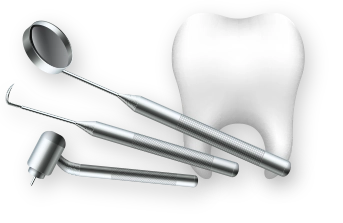

Hollywood Smile, parlak, düzgün ve çekici bir gülüş elde etmek için yapılan kapsamlı bir estetik diş restorasyonudur. Adını Hollywood'un ünlüleri tarafından benimsenen bu estetik trendden alan Hollywood Smile, dişlerin rengini, şeklini ve düzenini iyileştirmek için çeşitli dental prosedürlerin bir kombinasyonunu içerir.

Kanal tedavisi, diş hekimliğinde sıkça başvurulan bir prosedürdür. Dişlerdeki enfeksiyonları tedavi etmek, ağrıyı hafifletmek ve dişin kaybedilmesini önlemek amacıyla uygulanır

Diş kaplamaları, dişlerin estetik görünümünü iyileştirmek, hasarlı veya çürümüş dişleri restore etmek ve dişlerin dayanıklılığını artırmak için kullanılan ince kaplamalardır. Bu kaplamalar genellikle porselen veya kompozit reçine gibi malzemelerden yapılır ve dişlerin ön yüzeyine yerleştirilir. Diş kaplamaları, estetik bir gülüş elde etmek isteyen bireyler arasında popüler bir seçenektir.
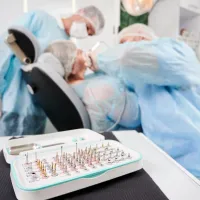
All-On-Four İmplant, eksik dişleri değiştirmek veya kaybedilen tüm dişlerin yerine geçmek için kullanılan yenilikçi bir diş restorasyon tekniğidir. Bu yöntem, sınırlı kemik hacmi olan veya birden fazla diş eksikliği yaşayan kişiler için ideal bir çözümdür. All-On-Four İmplant, sabit bir diş protezi ile birlikte dört implant kullanarak tam bir diş kavşağı oluşturur, böylece hastaların doğal ve estetik bir gülüş elde etmesini sağlar.
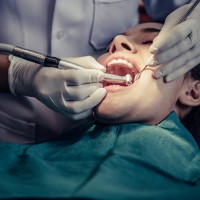
Diş İmplantı, kaybedilen bir dişin yerine konması amacıyla çene kemiğine yerleştirilen yapay bir kök olarak tanımlanabilir. Bu kök üzerine yerleştirilen protez diş, doğal dişe oldukça benzer bir görünüme ve fonksiyonel özelliklere sahiptir. Diş implantları, estetik ve fonksiyonel bir gülüşü yeniden kazanmak isteyen bireyler arasında popüler bir çözümdür. Bu makalede, diş implantı prosedürünün detayları, avantajları, adaylar için uygunluk kriterleri ve olası riskler hakkında bilgi verilecektir.
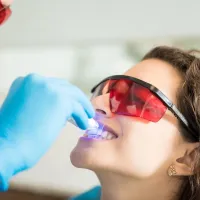
Diş beyazlatma, dişlerin doğal rengini açmak ve lekeleri gidermek için yapılan popüler bir estetik prosedürdür. Bu işlem, özel olarak formüle edilmiş beyazlatma ajanlarının diş yüzeyine uygulanmasıyla gerçekleştirilir. Diş beyazlatma, kahve, çay, sigara veya yaşlanma gibi nedenlerle lekelenen veya sararan dişlerin rengini açmak için etkili bir yöntemdir.

Seramik veya porselen malzemeden yapılan zirkonyum, parlak ve sağlam bir elementtir. Zirkonyum diş kaplama beyaz bir malzemeden oluşur ve metal içermez. Diş hekimleri tarafından estetik bir gülüşe ve beyaz dişlere sahip olmak isteyen kişilerin diş yüzeylerinin kaplanmasında kullanılır.
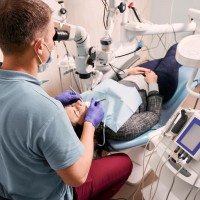
Kök Kanalı Tedavisi, dişin iç kısmındaki enfekte veya hasarlı doku ve sinirleri çıkarmayı ve dişi temizlemeyi amaçlayan bir endodontik prosedürdür. Bu işlem, dişin kaybedilmesini önlemek ve dişin doğal yapısını korumak için yapılır. Bu makalede, kök kanalı tedavisinin detayları, işlemin nasıl gerçekleştirildiği, kimlerin aday olduğu, prosedürün avantajları ve olası riskler hakkında bilgi verilecektir.
Özel ekibimizdeki estetik ve diş doktorları, sizin için en güzel gülümsemeyi tasarlamak için burada! Gülüşünüzü yeniden keşfedin!




Sizden gelen sorulara ön bilgilendirme amaçlı cevaplar ilettik
Diş Çürükleri ve Önlenmesi
Diş beyazlatma, dişlerin renk tonunun açılması için kullanılan bir kozmetik prosedürdür. Profesyonel diş beyazlatma seçenekleri ve evde kullanılabilecek over-the-counter ürünler bulunmaktadır.
Diş implantları, kayıp dişlerin yerine yerleştirilen titanyum vida benzeri yapılarla yapılan cerrahi bir prosedürdür. Diğer alternatiflerden farklı olarak, implantlar dişlerin stabilitesini ve çiğneme fonksiyonunu geri kazandırır.
Ortodontik tedaviler, dişlerin ve çenelerin düzeltilmesi için kullanılan tedavi yöntemlerini kapsar. Geleneksel metal teller, şeffaf plaklar ve lingual teller gibi farklı düzeltme seçenekleri mevcuttur.
Diş eti hastalıkları, diş etlerinin iltihaplanması ve hasar görmesi durumlarını kapsar. Diş eti hastalıklarının önlenmesi ve tedavisi için düzenli diş temizliği, diş eti cerrahisi ve ilaç tedavisi gibi yöntemler kullanılabilir.


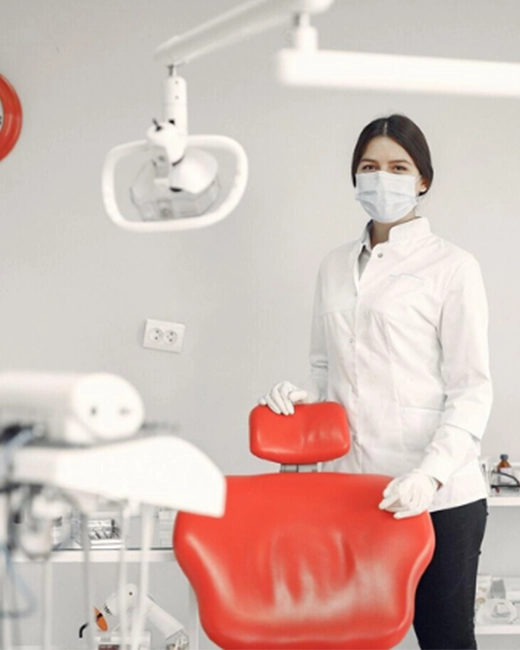
İnceleme Geçmişi



